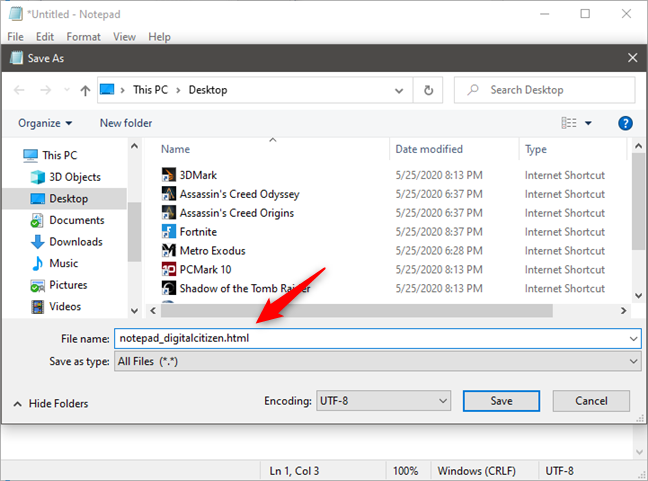
Because melatonin reduces constitutive NFKB activation in cultured pineal glands, we propose that this indolamine regulates this transcription factor pathway in the rat pineal gland, but not at the LD transition. A similar effect was observed in free-running animals, which secreted less nocturnal melatonin. Propranolol (20 mg/kg, i.p., ZT 11) treatment, which inhibits nocturnal sympathetic input, impaired nocturnal decrease of NFKB only at ZT18. Animals maintained in a constant light environment until ZT 18 showed diurnal levels of nuclear NFKB at ZT15 and ZT18. During the light phase, the amount of NFKB increased continuously, and a sharp drop occurred when lights were turned off. Nuclear content of NFKB presented a daily rhythm only in LD-entrained animals. Nuclear NFKB was quantified by electrophoretic mobility shift assay on pineal glands obtained from animals killed throughout the day at different times. Male rats were kept under 12 h:12 h light-dark (LD) cycle or under constant darkness (DD) condition. Here, we evaluated a putative constitutive role for the pineal gland NFKB pathway.

The nuclear transcription factor NFKB, detected by our group in the rat pineal gland, modulates this effect.

We have previously shown that agents involved in inflammatory responses, such as cytokines and corticosterone, modulate pineal melatonin synthesis. In mammals, the production of melatonin by the pineal gland is mainly controlled by the suprachiasmatic nuclei (SCN), the master clock of the circadian system.


 0 kommentar(er)
0 kommentar(er)
